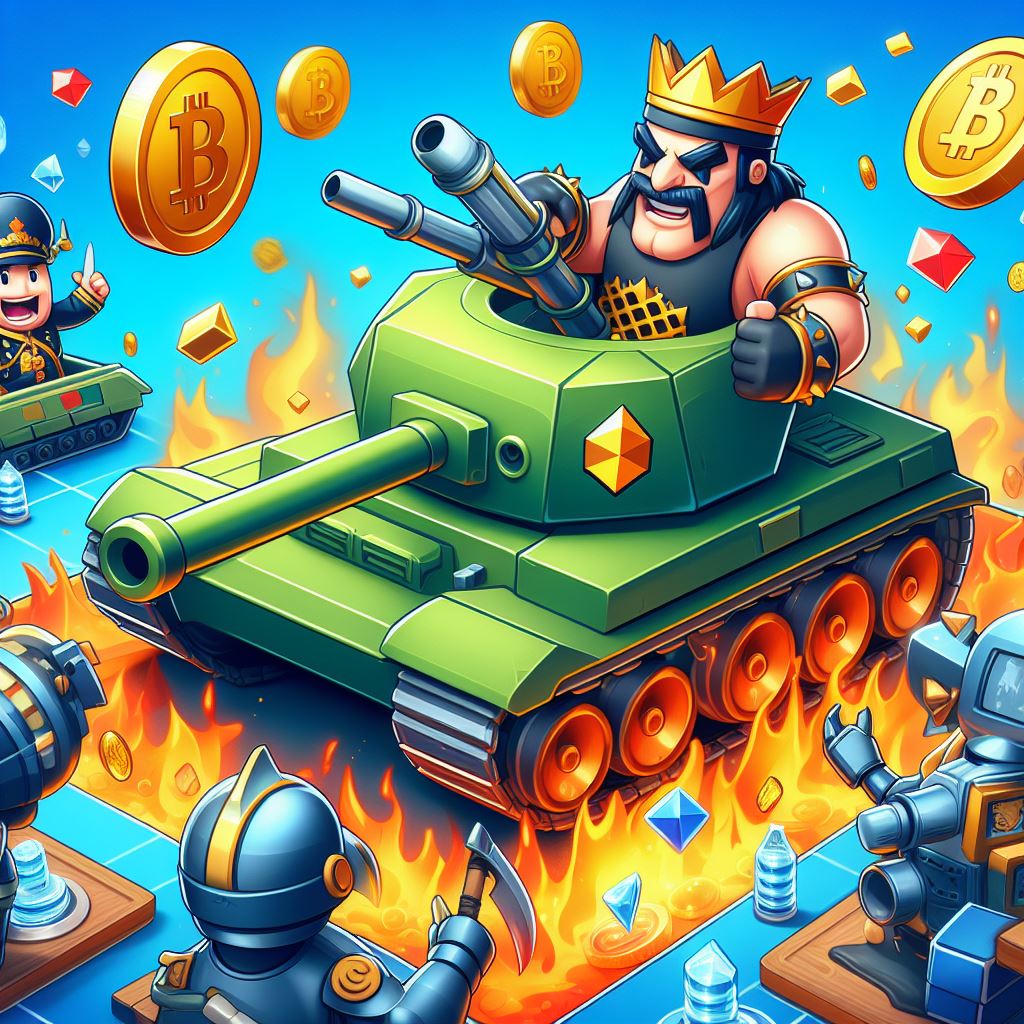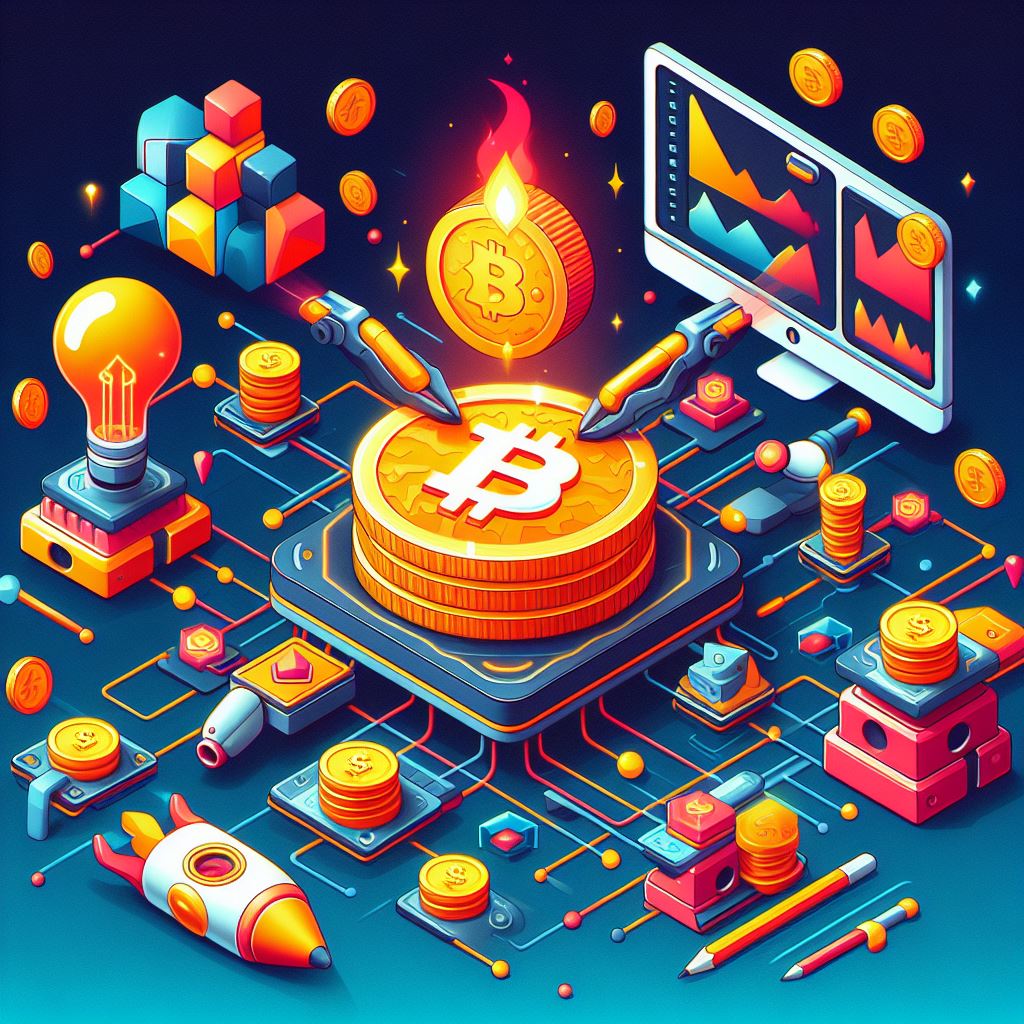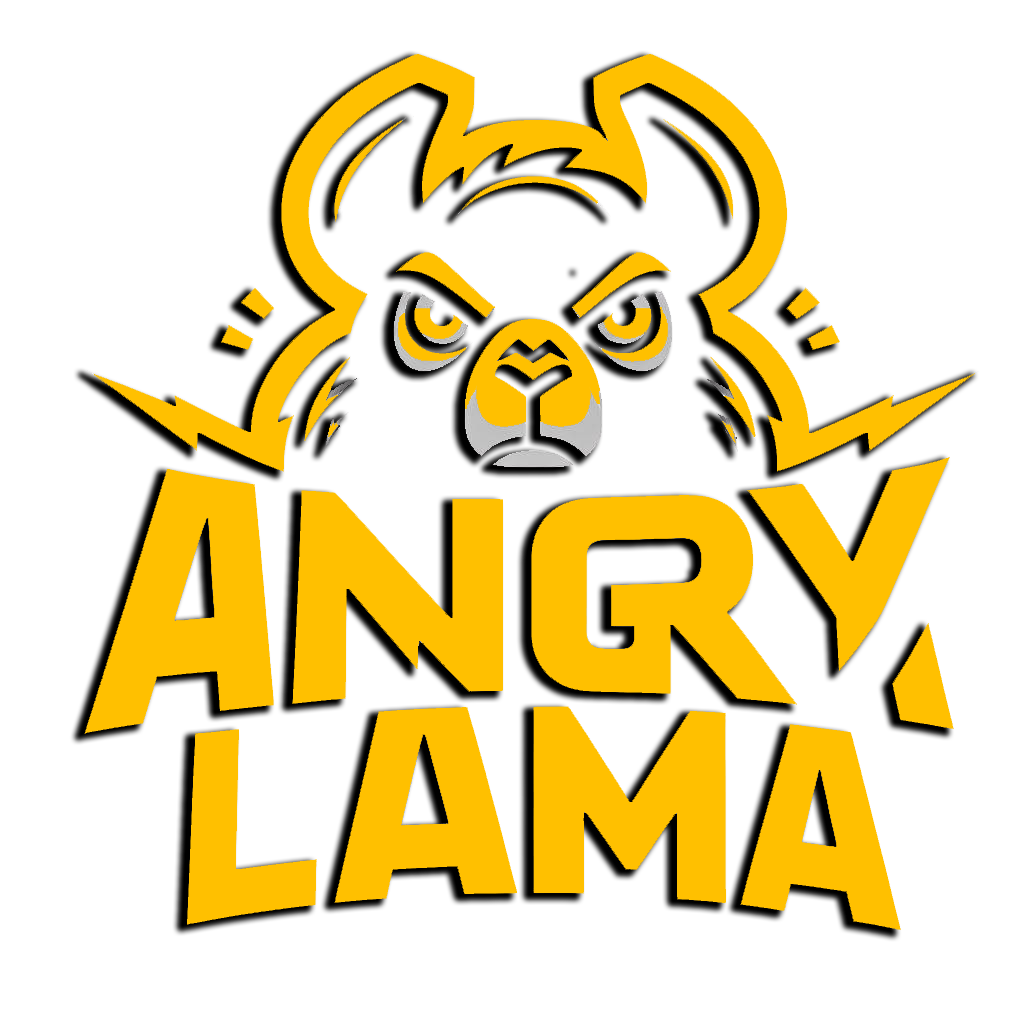Crypto Games
Crypto Games combine the exciting world of gaming with the revolutionary technology of cryptocurrencies and Blockchain. These games leverage blockchain’s decentralized nature and smart contracts to introduce unique gameplay mechanics, true ownership of in-game assets, and the potential to earn cryptocurrency while playing. One of the key features of crypto games is the concept of non-fungible tokens (NFTs). NFTs are unique digital assets that can represent in-game items, characters, or even entire game worlds. With NFTs, players have true ownership of their in-game assets, allowing them to trade, sell, or even use them across different games and platforms.
Crypto games provide players with opportunities to earn cryptocurrency through gameplay. By completing quests, achieving in-game milestones, or participating in player-versus-player battles, players can earn valuable digital assets or cryptocurrencies as Rewards. This introduces a new way for gamers to monetize their skills and dedication.
Blockchain Technology ensures transparency and security in crypto games. By utilizing decentralized ledgers and smart contracts, players can have confidence in the fairness of gameplay, as well as the authenticity and scarcity of in-game items. This transparency and security foster trust among players, developers, and collectors in the crypto gaming ecosystem. The integration of cryptocurrencies in crypto games opens up new possibilities for in-game economies. Players can engage in trading, buying, and selling of NFTs and other in-game assets using cryptocurrencies. This adds a layer of financial freedom and flexibility, allowing players to participate in a thriving virtual economy.
Crypto Games often feature vibrant communities and social interactions. Players can connect with fellow gamers, collaborate on quests, and engage in player-driven initiatives within the game ecosystem. The shared interest in cryptocurrencies and blockchain technology often fosters a strong sense of community among crypto game enthusiasts. The play-to-earn model is a significant aspect of many crypto games. Through this model, players can earn valuable rewards or cryptocurrencies by actively participating in the game. This incentive structure aligns the interests of players and developers, creating a mutually beneficial ecosystem where players are rewarded for their time and effort.
The concept of decentralized autonomous organizations (DAOs) is often intertwined with crypto games. DAOs are community-driven organizations that make collective decisions and manage the development and governance of the game. Players can actively participate in shaping the future of the game, contributing to its growth and evolution.
Crypto games offer a unique form of digital collectibles. NFTs representing rare or limited-edition in-game items or characters can have significant value and become highly sought after by collectors. The ability to showcase and trade these digital collectibles adds a new dimension to the gaming experience. Crypto games are not limited to a specific genre or platform. They can range from collectible card games and virtual worlds to strategy games and role-playing adventures. The versatility of crypto games allows for a diverse range of gaming experiences, catering to different interests and preferences. One of the key advantages of crypto games is the ability to transfer and use in-game assets across different games and platforms. Since these assets are represented as NFTs on the blockchain, players can take their virtual items and characters from one game to another, creating a seamless and interconnected gaming experience. This interoperability opens up exciting possibilities for cross-game collaborations and interactions.

In the field of blockchain and game income, our team has released a 3D game called TanKash, where you can earn money while playing and having fun. You can follow our YouTube channel for more information.
Crypto games have gained significant attention and popularity in recent years, with dedicated communities and marketplaces emerging around them. These communities often consist of players, collectors, and enthusiasts who share a passion for both gaming and cryptocurrencies. Marketplaces dedicated to trading and selling NFTs have also emerged, allowing players to engage in a thriving secondary market for digital assets. The integration of crypto and blockchain technology in games has the potential to revolutionize the gaming industry as a whole. It introduces new models of ownership, monetization, and player engagement. The concept of play-to-earn, where players can earn real-world value through gameplay, challenges traditional notions of gaming and opens up opportunities for players to turn their passion into a source of income.
In summary, Crypto Games combine the immersive world of gaming with the transformative power of cryptocurrencies and blockchain technology. Through true ownership of in-game assets, the opportunity to earn cryptocurrency, and vibrant player communities, crypto games offer a novel and engaging gaming experience. The integration of blockchain ensures transparency, security, and decentralized economies, creating a dynamic and innovative gaming ecosystem. As the popularity of cryptocurrencies and blockchain technology continues to grow, we can expect even more exciting developments in the world of crypto games. They offer unique gameplay experiences, true ownership of in-game assets, and the potential for players to earn cryptocurrency rewards. Crypto games have vibrant communities, promote transparency and security, and introduce innovative models of ownership and monetization. As the popularity and adoption of cryptocurrencies and blockchain technology continue to grow, we can expect to see further advancements and exciting developments in the field of crypto games.



